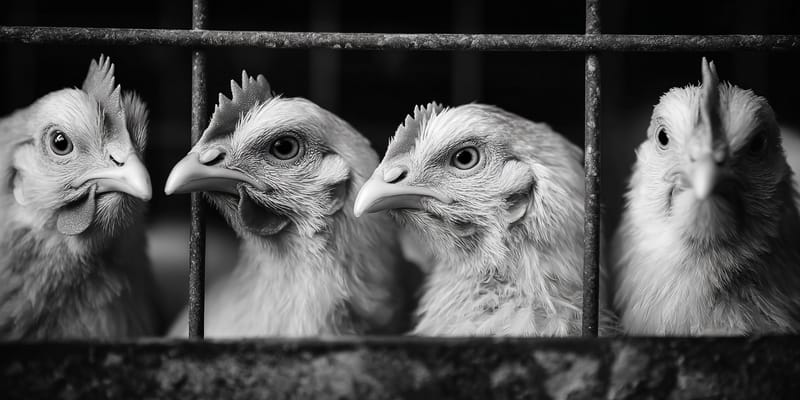USDA Announces Comprehensive National Farm Security Action Plan

Agriculture Secretary Brooke Rollins announced the National Farm Security Action Plan on Tuesday at USDA headquarters. According to USDA, the plan elevates American agriculture as a key element of national security. The initiative addresses threats from foreign adversaries and strengthens the resilience of food and agricultural systems.
Rollins was joined by Defense Secretary Pete Hegseth, Attorney General Pam Bondi, and Homeland Security Secretary Kristi Noem. Three governors, several House and Senate members, and other officials attended the announcement at USDA headquarters Tuesday. The plan represents the next pillar of her Make Agriculture Great Again initiative.
The action plan includes seven key components focusing on American agriculture as national security. These include securing American farmland from foreign ownership and protecting agricultural research and innovation. The plan also calls for enhancing agricultural supply chain resilience and safeguarding plant and animal health.
Why This Policy Matters
The National Farm Security Action Plan addresses growing concerns about agricultural vulnerability to foreign threats. Foreign entities currently own 3.6% of American agricultural land, totaling 45.9 million acres as of 2023. According to American Farm Bureau Federation, this represents an increase of 1.6 million acres from 2022.
The plan targets specific security risks that have emerged in recent years. Chinese entities own approximately 383,000 acres of American agricultural land. While this represents less than 1% of all foreign-owned farmland, lawmakers express concern about proximity to military installations.
Secretary Rollins stated during the announcement that the administration plans to recover land holdings from Chinese-owned companies. These include major agricultural businesses like Smithfield Foods and Syngenta. The plan establishes tougher penalties and total transparency for foreign agricultural investments.
Agricultural Security And Industry Impact
The initiative reflects broader concerns about food security becoming national security policy. According to Agriculture Dive, Chinese agricultural investments decreased 27% between 2022 and 2023. This decline occurred amid growing national security concerns about foreign land ownership.
The plan addresses agricultural cybersecurity vulnerabilities that threaten food supply chains. The initiative coordinates with multiple federal agencies to identify and address security gaps.
The policy could reshape how foreign investment in American agriculture operates moving forward. Twenty-four states currently maintain restrictions on foreign land ownership, with varying degrees of limitation. The federal approach outlined in this plan would create nationwide standards for agricultural security.
Industry experts note that renewable energy projects drive much of the recent foreign land investment growth. KCUR reports that more than half of the 2022-2023 increase in foreign-owned land tied to renewable energy projects. The new security framework will need to balance these investments with national security concerns.
Further Reading
For deeper insights into global adoption trends, our Alternative Financial Systems Index tracks regulatory frameworks and adoption metrics across 50 countries. The index provides comprehensive analysis of how nations approach financial and agricultural security policies.









